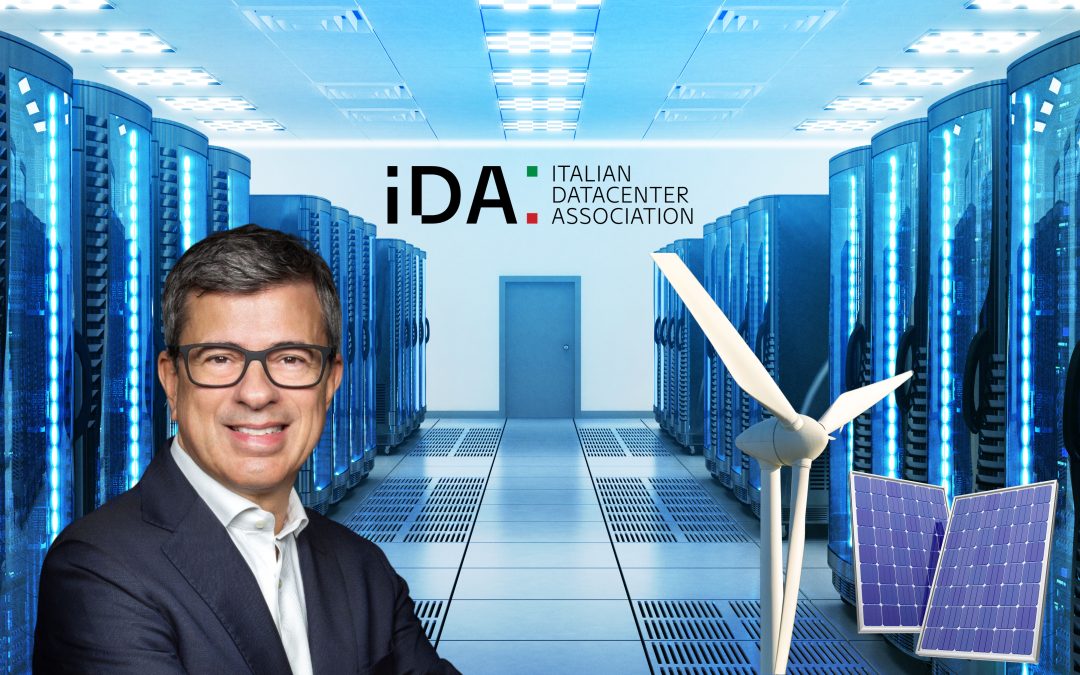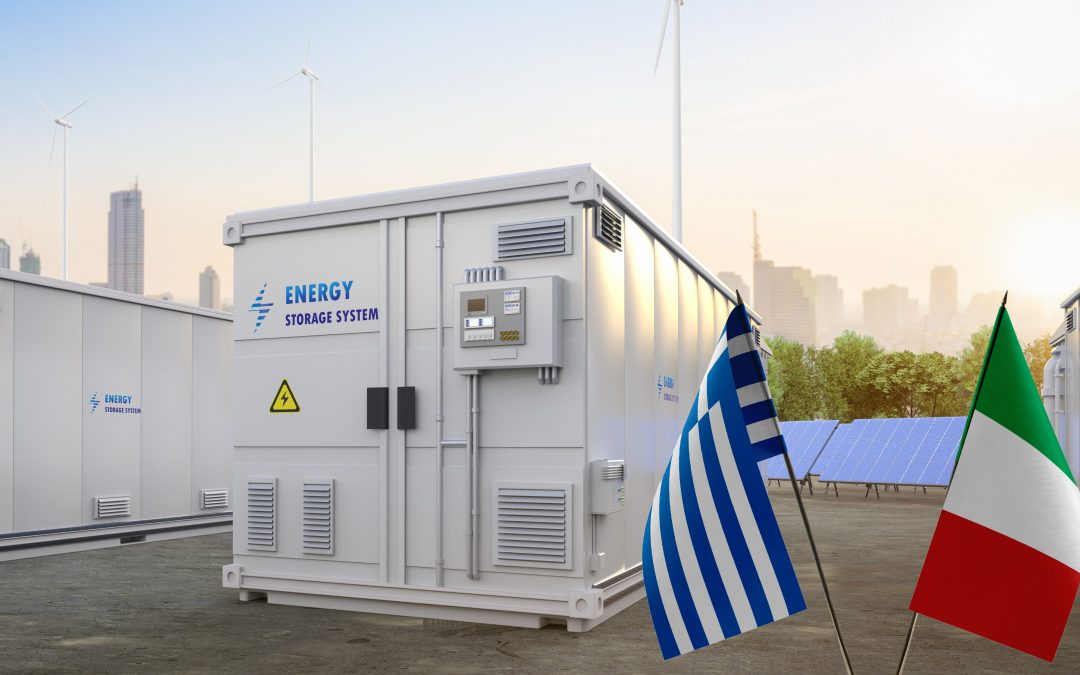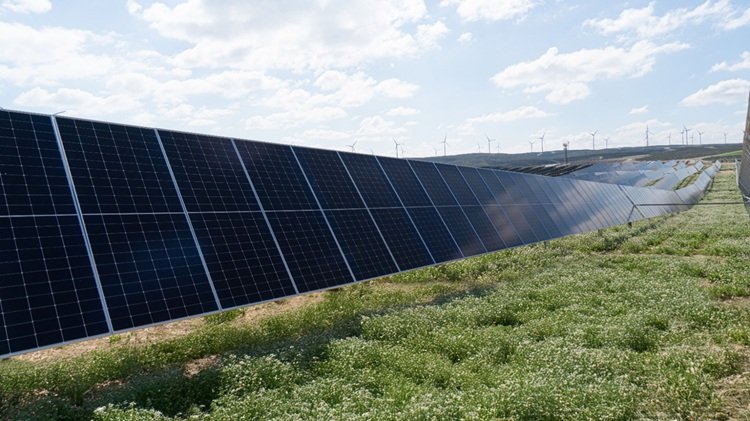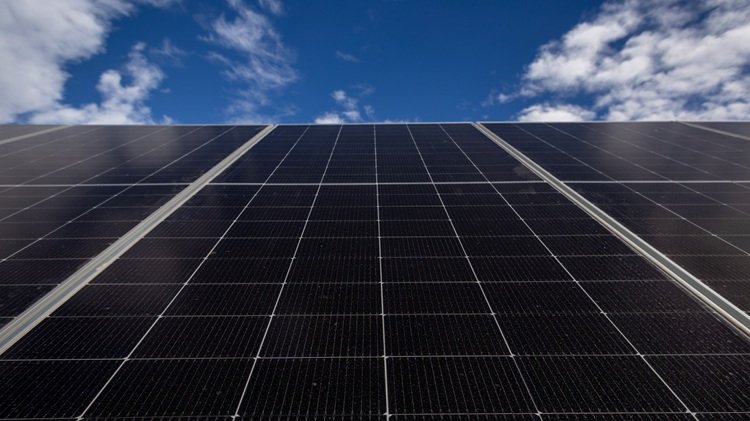The company already operates in more than 60 countries, has completed more than 100 storage projects, and relies on proprietary technologies to maintain its competitive advantage. From cell to system, it controls the entire value chain and launches new mobile, residential, and commercial solutions with a focus on Europe.




























































